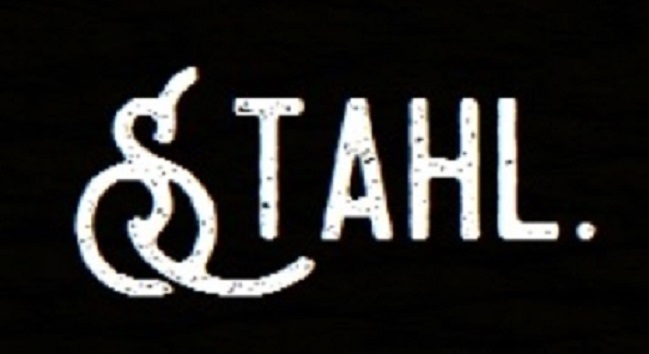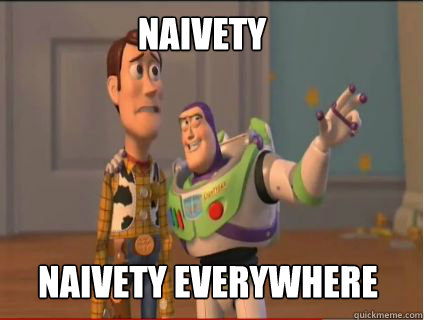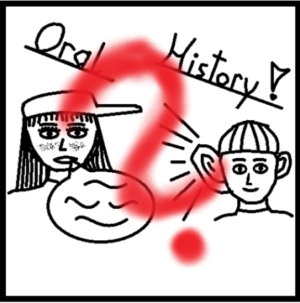In my last post, I reflected on the identities of Metal scholars, in terms of the transgressive potential of Metal Music Studies, as an academic discourse. This discourse is constitutively interdisciplinary and breaks disciplinary boundaries. I stressed that this situation of an emerging filed of study requires its scholars to work self-reflexively. We have to construct our subject and our ‘Metal scholar-identities’ between and often in conflict to traditional disciplines.
These conflicts make the emergence of our field a deeply ambivalent and ambiguous process. On the one hand, we need to employ the theoretical approaches of ‘conservative’ academic fields (in my case again the theories of cultural history) to find our own subject and areas of research; on the other hand, at least in the long run, we have to build our own ‘toolbox’ of theories, at least of own theoretical approaches which fit our interests of research.
This ambivalence of an emerging field of scholarship is the reason why we should put a strong focus on theorizing in our work. Of course, there is theoretical work in Metal Music Studies1 but most of it follows modes of thinking which try to adapt successful and established theories from other fields on Metal music. However, our discourse as an emerging field ought to find its own theoretical tools – at least in a long-term perspective.
In this respect, I want to put forward the hypothesis, or to be more precisely, the hypothetic thought that the identitary situation of most Metal scholars is an important source of reflection, maybe even of theorizing; or at least, a point from which to start theoretical self-reflection. Most Metal scholars are both: ‘Metalheads’ and academic researchers and/or teachers. In their hearts and in their heads, there are, usually, both identities which regularly come into conflict.
Why do they come in conflict? This identitary situation is very ambiguous: we have to find a balance between scholarliness and fandom, between closeness and distance to our subject of research. We have to find identitary ways to balance the fan’s subjectivity and the scholar’s objectivity. I think, this situation – as complicated, conflictuous, ambivalent and even paradoxical it may be – actually favours theoretical progress in our discourse.
This situation forces us to find theoretical and formal language to express the newly found balance between the fan and the scholar. In most cases, this new formal vocabulary to describe our own transgression from subjective interest to ‘objectified’ scholarly work is nothing else than a theory.2 In a nutshell, the identitary situation of scholars in Metal research drives them to formalize their language; thus, what we ought to do is not to come up with brand new or unprecedented abstract vocabulary but just try to find formal language which suits our reflection and thoughts; vocabularies which create the Metal Music Studies scholars inside us.
Cf. Stephen Hudsons blog ‘Metal In Theory. Sourcebook for Scholarship on Heavy Music’ at: http://metalintheory.com/about-metalintheory-com/, retrieved 9.7.2017; also, cf. the distinct and own discourse of a blog and journal of ‘Black Metal Theory’ at: http://blackmetaltheory.blogspot.co.at/, retrieved 9.7.2017; another fine example is this article: Martin Morris, Extreme Heavy Metal Music and Critical Theory, in: The Germanic Review: Literature, Culture, Theory 90, 4 (2015), pp. 285-303 ↩
For instance, again the example of ‘Black Metal Theory’ can be seen from this angle; again, cf. http://blackmetaltheory.blogspot.co.at/, retrieved 9.7.2017 ↩



